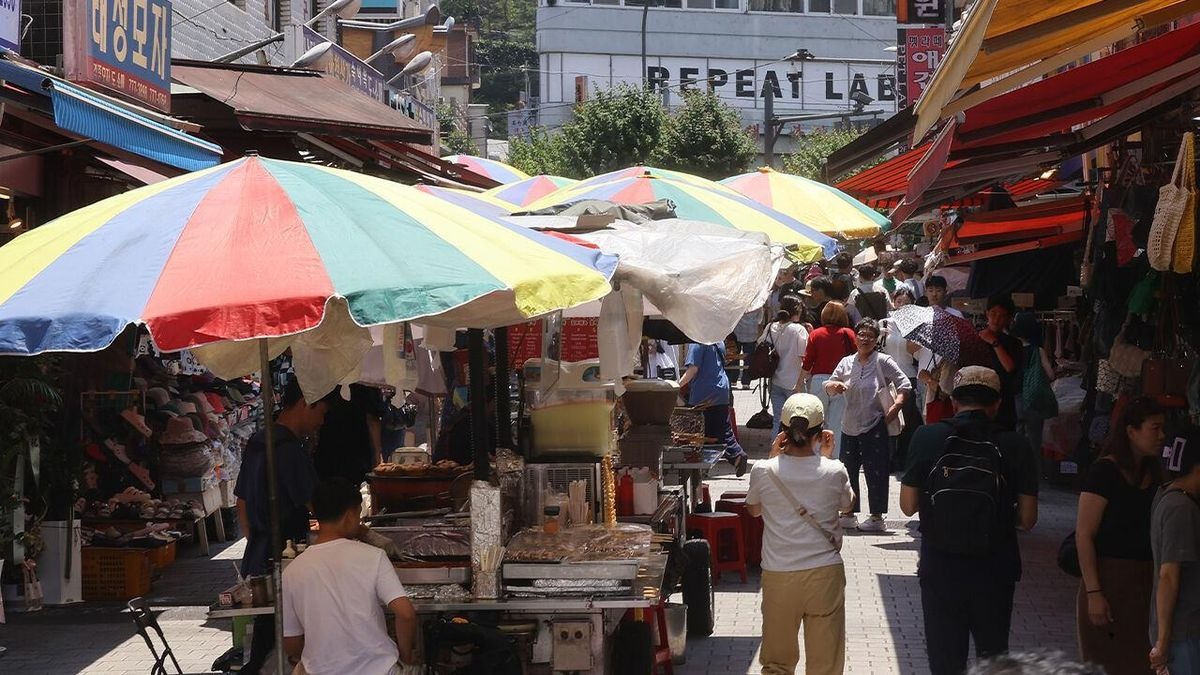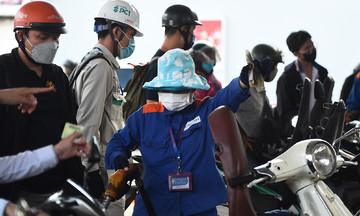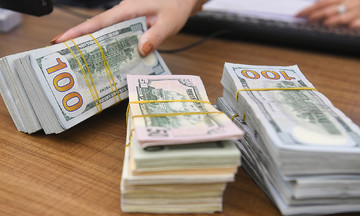The cash payment plan was announced on 5/7, after the South Korean cabinet approved a supplementary budget of 31.8 trillion won (23.3 billion USD). This budget was approved by the National Assembly the day before. The cash distribution program is the centerpiece of President Lee Jae Myung's supplementary budget package.
Under this plan, all South Korean citizens residing in the country as of 18/6 will receive a one-time payment of 150,000 won (110 USD). The government stated that this payment aims to stimulate spending nationwide.
 |
People at Namdaemun Market (Seoul). Photo: Yonhap |
People at Namdaemun Market (Seoul). Photo: Yonhap
Officials will also provide separate support for certain groups, depending on their income levels. Individuals from near-poor households and single-parent families will receive 300,000 won. Those receiving basic living allowances will be granted 400,000 won.
To promote balanced development, residents outside the Seoul metropolitan area will receive an additional 30,000 won. Those living in 84 rural and fishing areas currently facing population decline will receive an additional 50,000 won.
The second round of the cash support program will take place between 22/9 and 31/10. Those in the lowest 90% income bracket nationwide will receive an additional 100,000 won. Eligible individuals will be identified based on a detailed income review based on national health insurance contributions, with criteria to be announced in September.
"We are committed to thoroughly preparing for the implementation of these payments so that they serve as a catalyst for economic recovery by boosting consumption and supporting those in need," said Vice Minister of the Interior Kim Min-jae, who heads the interagency group overseeing the program.
President Lee assumed office amidst weakening demand due to months of instability following former President Yoon Suk Yeol's martial law decree in December 2024. US import tariffs earlier this year further impacted the nation.
In the first quarter, South Korea's GDP unexpectedly contracted by 0.2% compared to the previous quarter. The Bank of Korea forecasts annual growth of only about 0.8%.
Ha Thu (according to Reuters, Korea Times)












